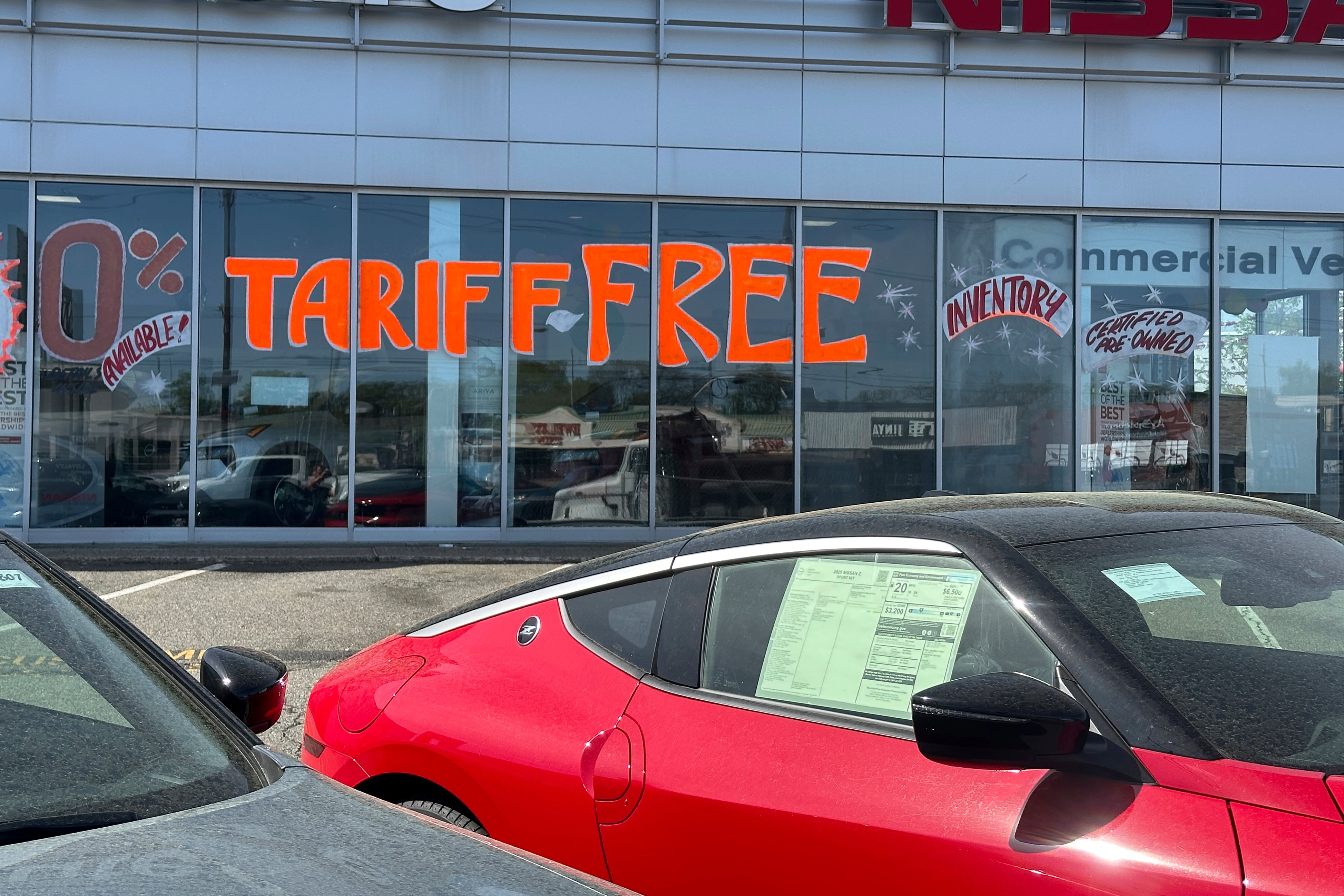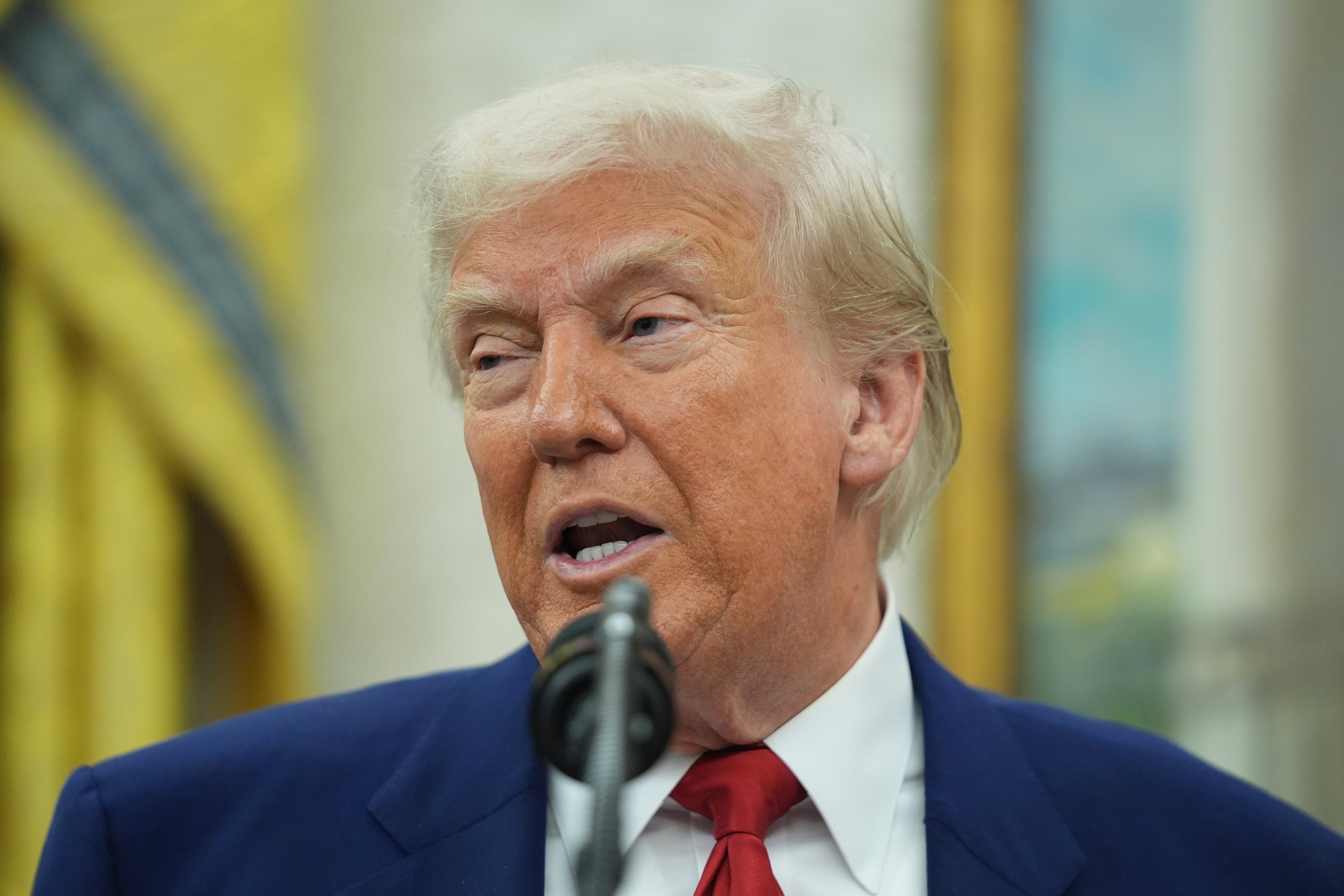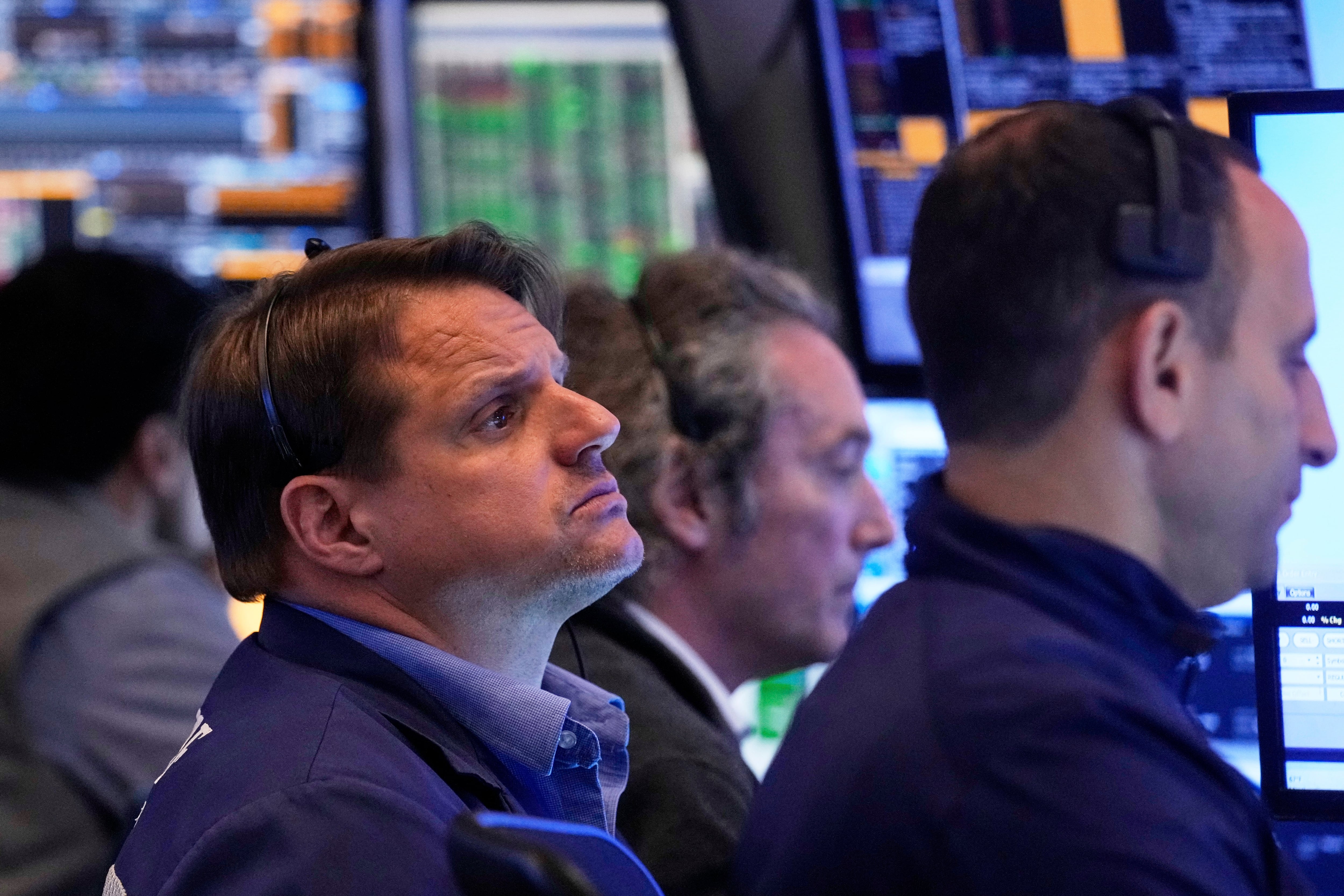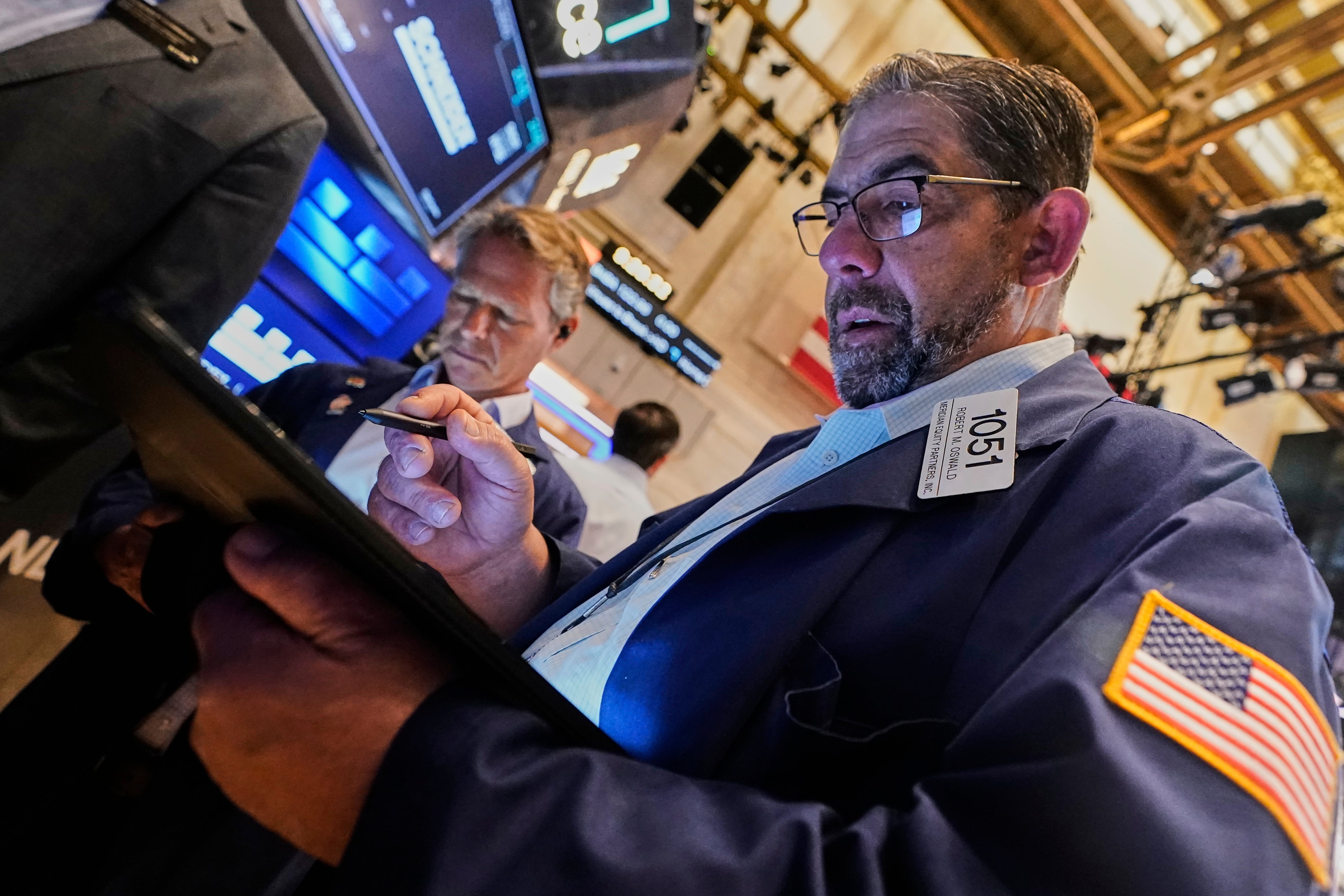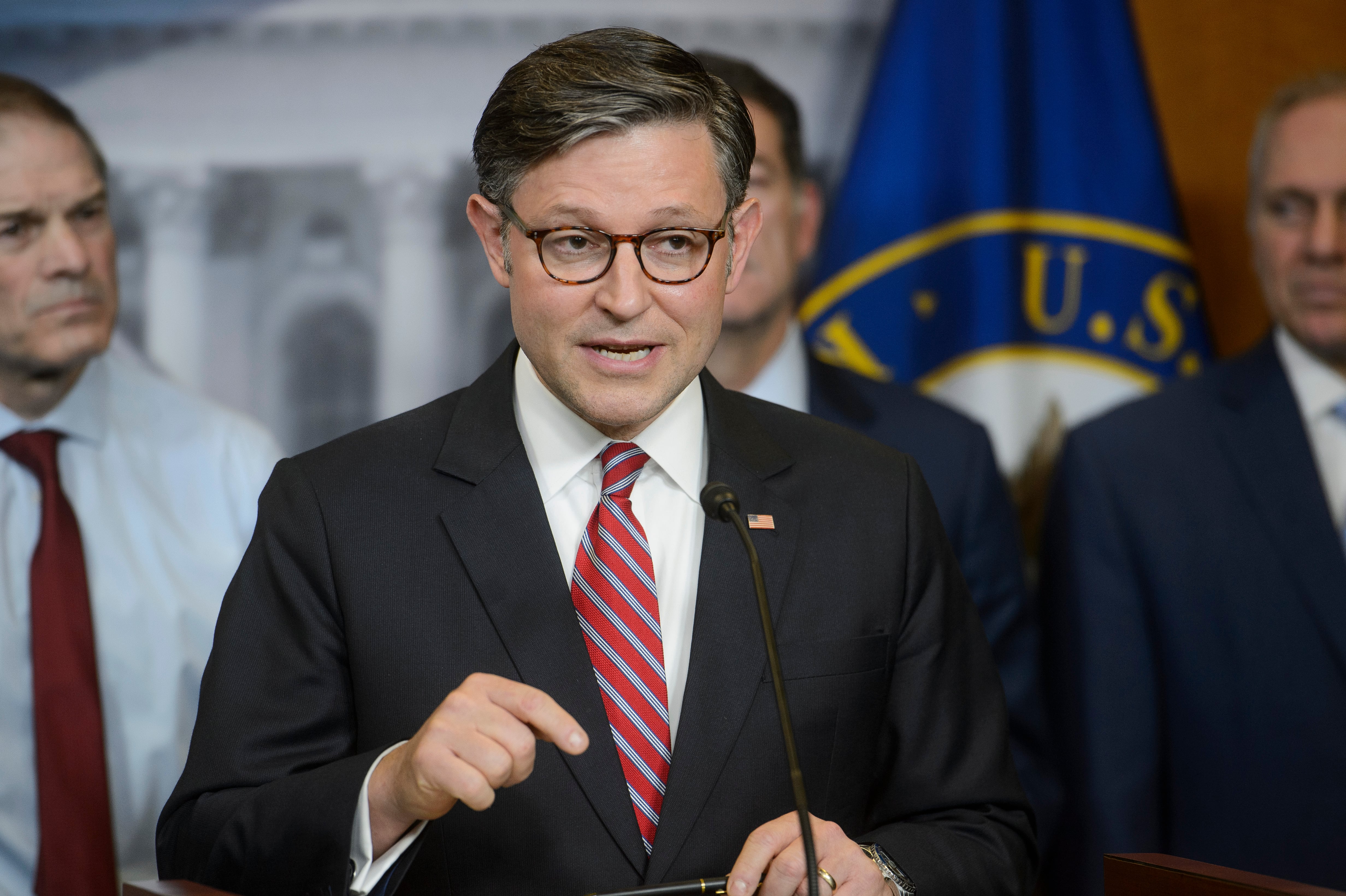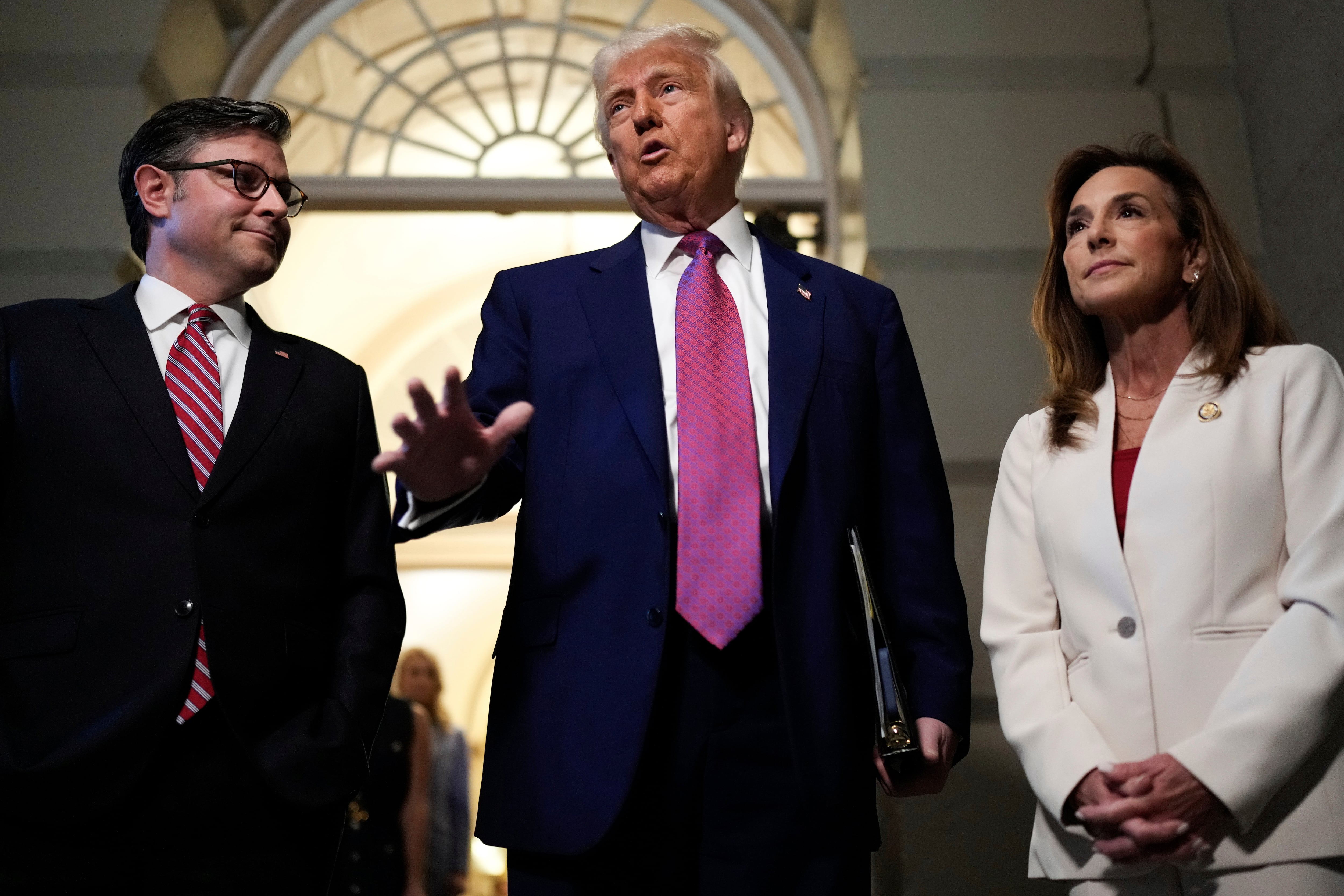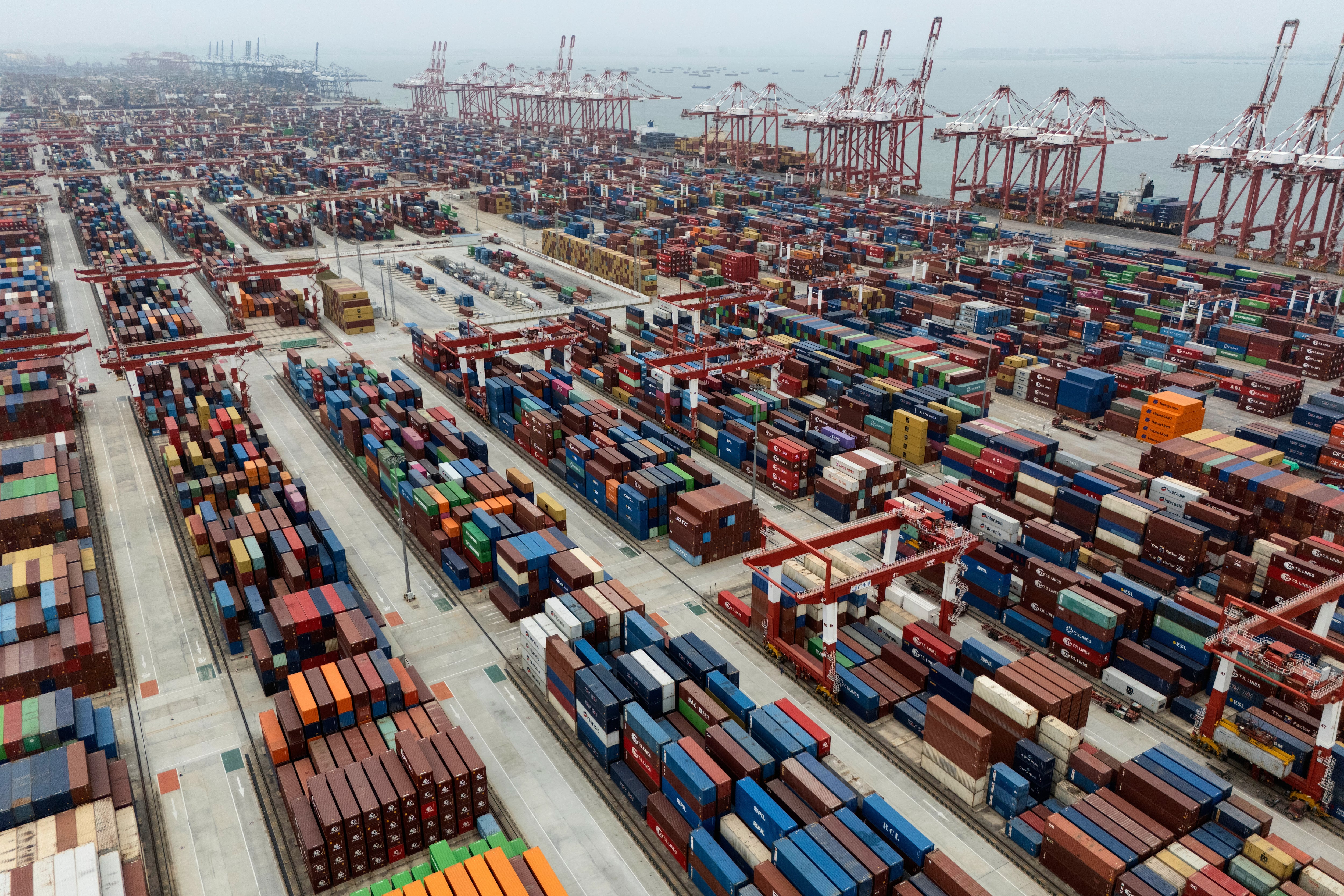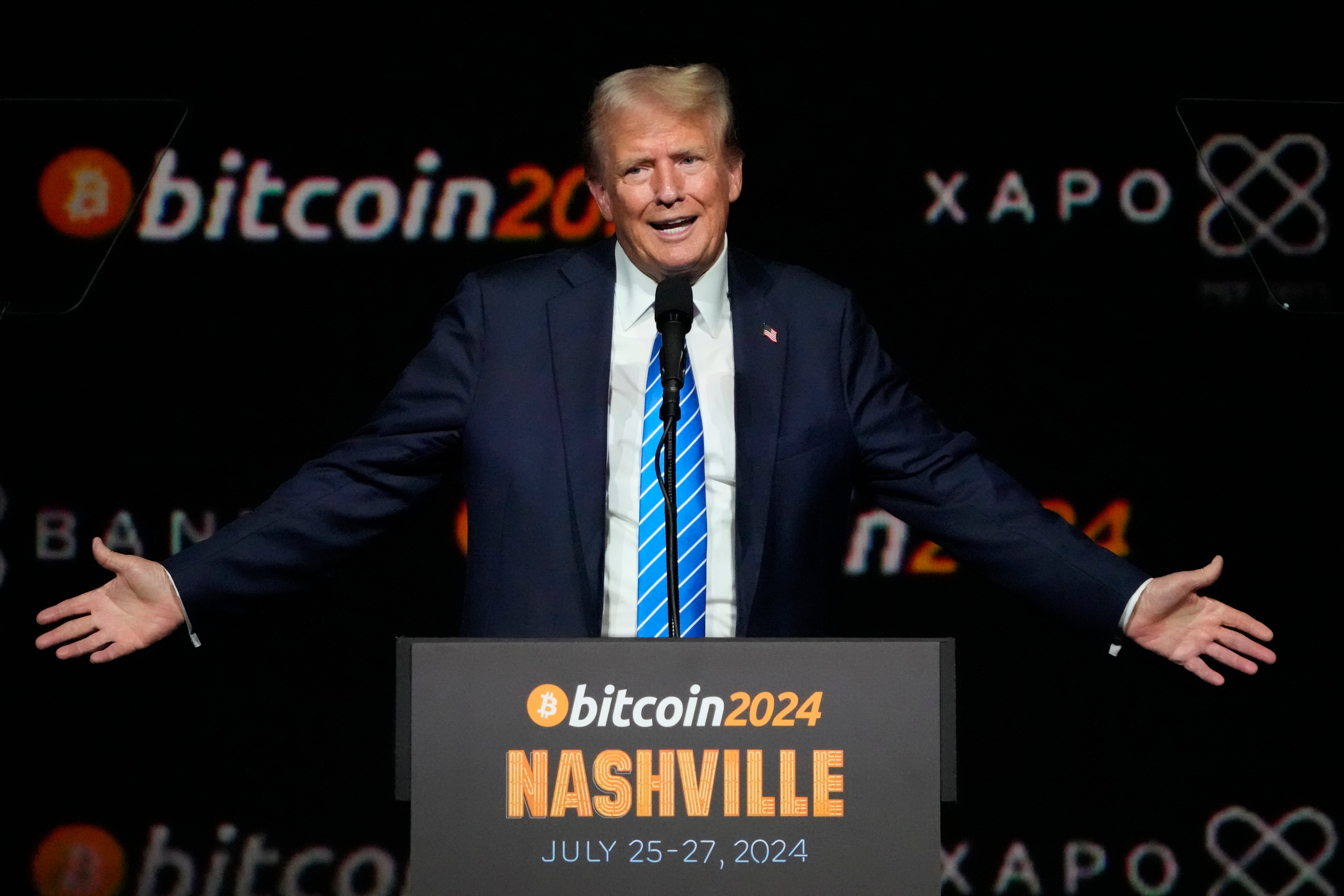Politicians, the media, and the markets have all responded negatively to President Trump’s proposed tariffs on steel and aluminium.
But Congresswoman Marcy Kaptur (D-OH) has a different perspective. The trade war concerns won’t materialize “if you have a good agreement,” she told Cheddar. “We need trade parity, we need reciprocity in trade.”
She pointed out that China churns out 2.3 billion metric tonnes of steel every year when the world only uses 1.5 billion.
“You’ve got this enormous overhang on the global market...so America ends up being the dump market and our workers get put out of work.”
However, China’s steel manufacturing muscle doesn’t necessarily impact the U.S. market. In 2017, the U.S. got most of its steel from Canada and Mexico, according to the [Commerce Department](https://www.trade.gov/steel/countries/pdfs/imports-us.pdf).
On Wednesday, the White House announced certain markets, such as Canada and Mexico, may be exempt from the proposed 25 percent tax on steel imports and 10 percent tariffs on aluminium. The administration is expected to make the official announcement on them later this week.
President Donald Trump’s doubling of tariffs on foreign steel and aluminum could hit Americans in an unexpected place: grocery aisles.
The Court of Appeals for the Federal Circuit on Thursday allowed the president to temporarily continue collecting the tariffs under the emergency powers law while he appeals the trade court’s decision.
President Donald Trump wants the world to know he’s no “chicken” just because he’s repeatedly backed off high tariff threats.
Wall Street is rallying after President Donald Trump delayed a 50% tariff on goods coming from the European Union.
Almost four dozen Venezuelan workers who had temporary protected status have been put on leave by Disney after the U.S. Supreme Court allowed the Trump administration to strip them of legal protections.
U.S. stocks are falling after President Donald Trump threatened 50% tariffs on the European Union that could begin in a little more than a week.
House Republicans stayed up all night to pass their multitrillion-dollar tax breaks package.
President Donald Trump has implored House Republicans on Capitol Hill to drop their fights over his budget.
American businesses that rely on Chinese goods are reacting with muted relief after the U.S. and China agreed to pause their exorbitant tariffs on each other’s products for 90 days. Many companies delayed or canceled orders after President Donald Trump last month put a 145% tariff on items made in China. Importers still face relatively high tariffs, however, as well as uncertainty over what will happen in the coming weeks and months. The temporary truce was announced as retailers and their suppliers are looking to finalize their plans and orders for the holiday shopping season. They’re concerned a mad scramble to get goods onto ships will lead to bottlenecks and increased shipping costs.
Senate Democrats have blocked legislation to regulate a form of cryptocurrency after arguing that the bill needed stronger protections.
